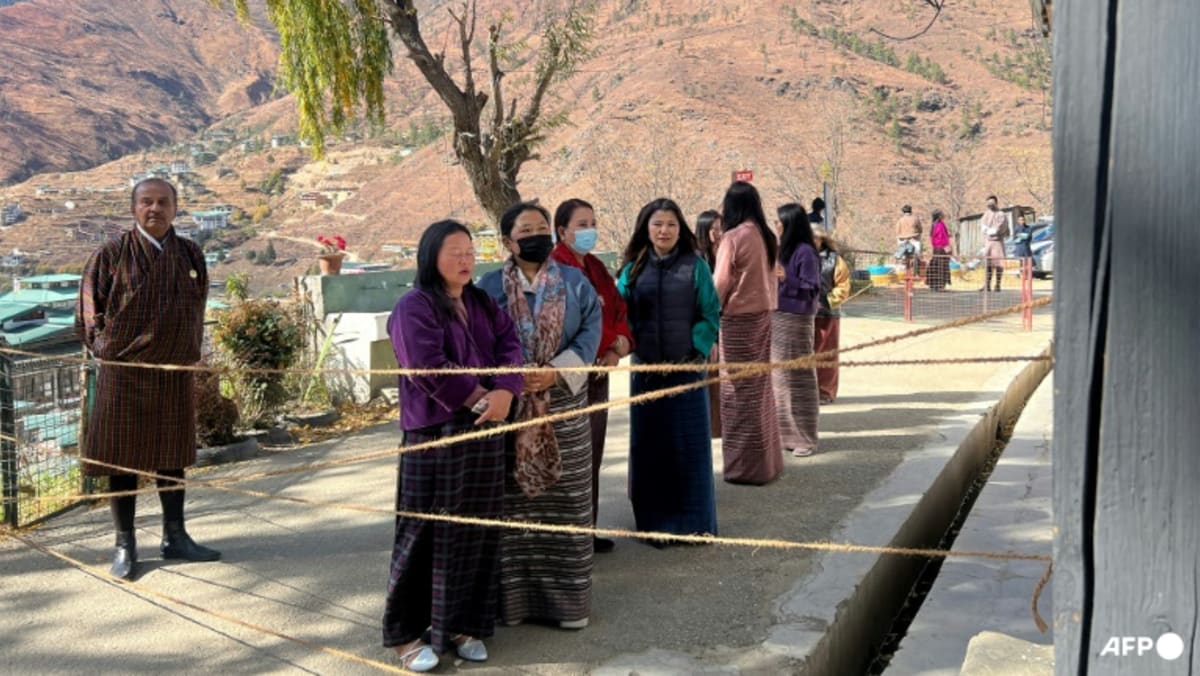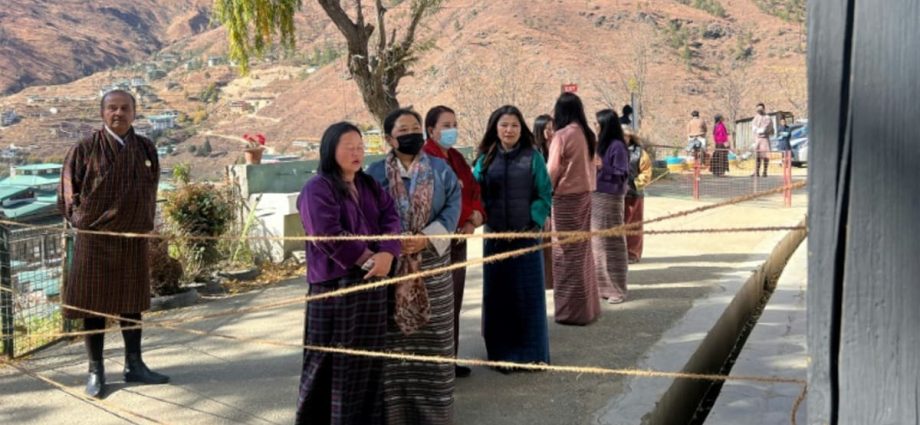
“MASS EXODUS”
Career civil servant Pema Chewang, 56, leader of the Bhutan Tendrel Party (BTP), said the country was losing the “cream of the nation”.
His opponent, former prime minister and People’s Democratic Party (PDP) chief Tshering Tobgay, 58, sounded the alarm over Bhutan’s “unprecedented economic challenges and mass exodus”.
His party’s manifesto quoted government statistics showing that one in every eight people were “struggling to meet their basic needs for food” and other necessities.
Tourism, a small share of Bhutan’s economy but a key earner of foreign currency, has yet to recover from the disruptions of the COVID-19 pandemic.
The previous government pursued several projects to diversify the economy, including a special economic zone on the Indian border and plans with a Singapore-based company to raise funds for a cryptocurrency-mining scheme.
Both parties have pledged a huge ramp-up of investment in hydropower, its primary source of energy.
Bhutan held elections for the first time in 2008 after political reforms established a bicameral parliament soon after the start of the reign of the present king, who remains hugely popular.
Campaigns in the Buddhist-majority nation have always been subdued affairs, with strict rules mandating that election materials can only be posted on public notice boards.
A primary contest in November narrowed the race down to two parties, with both the previous government’s lawmakers and their former opposition knocked out.
Bhutan lies sandwiched between the globe’s two most populous countries, China and India, with both neighbours watching with keen interest as they eye strategic contested border zones.

